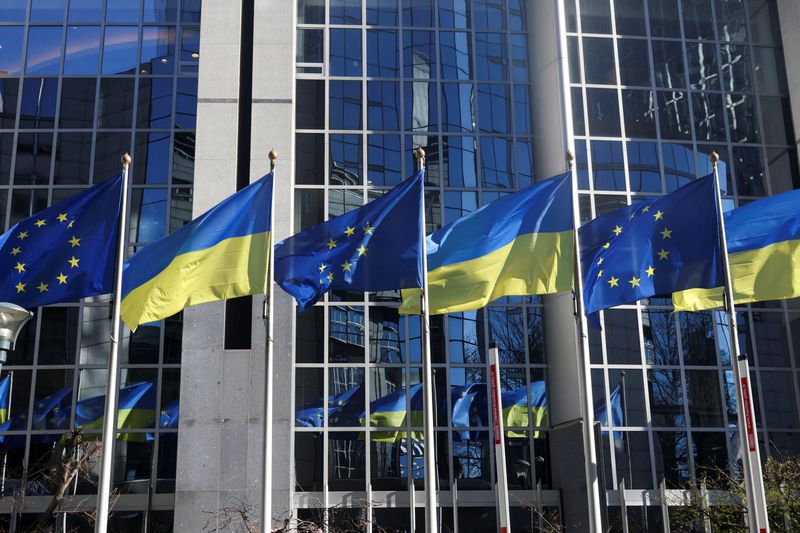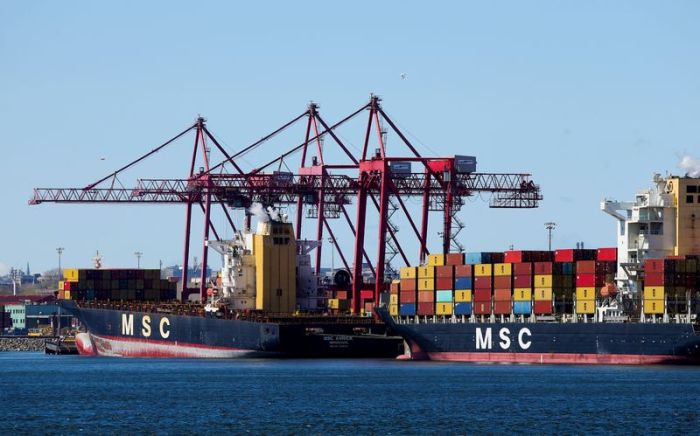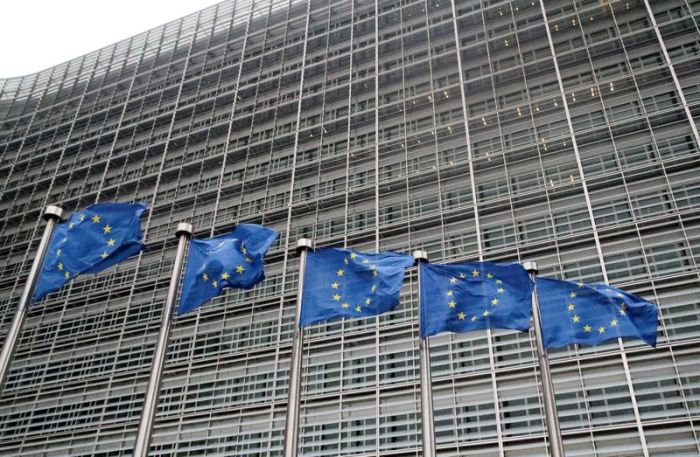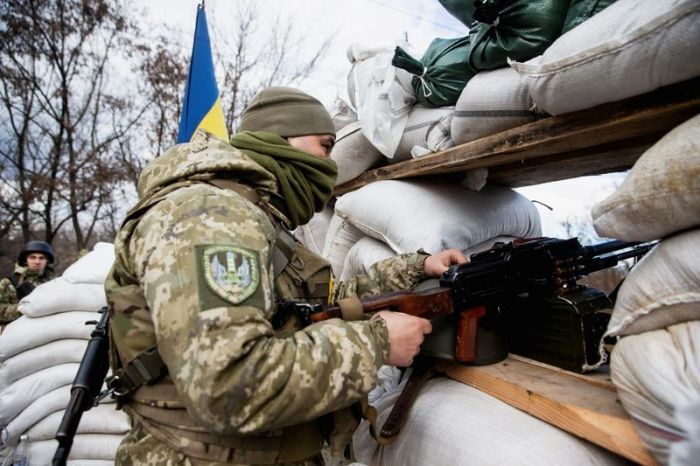BRUSSELS (Reuters) -The European Commission on Wednesday proposed granting automatic temporary protection for up to three years to people fleeing war in Ukraine, including a residence permit and access to employment and social welfare.
European Union members Poland, Romania, Slovakia and Hungary all have land borders with Ukraine and the Commission said that more than 650,000 people have fled there since Ukraine was invaded by Russia on Feb. 24.
Refugees will get temporary protection as soon as the proposal is approved by EU interior ministers, which the European Commission hoped would be done on Thursday.
The protective measure, including access to housing and medical assistance, will be granted without having to go through lengthy asylum procedures. It can last for up to three years – unless the situation in Ukraine improves sufficiently for people to be able to return home and the scheme to end.
“All those fleeing Putin’s bombs are welcome in Europe,” European Commission chief Ursula von der Leyen said.
“We will provide protection to those seeking shelter and we will help those looking for a safe way home.”
In practice, this means everyone, independently of their nationality, is to be allowed to enter EU countries.
Temporary protection would apply to Ukrainian nationals as well as foreign nationals who are long-term residents in Ukraine and those who were already benefiting from international protection or asylum seeker status there.
Those on short-term stays in Ukraine and who can safely go return to their country of origin will not be eligible for special EU protection including a residency permit. This will usually be the case for students, a Commission official said.
Asked about social media reports that some African nationals suffered discrimination and hold-ups when trying to leave Ukraine or get into the EU, Commission officials said they had told border authorities that everyone should be let through.
“We are making sure that there are safe passages for all who would like to cross the borders,” European Council President Charles Michel said after meeting Polish Prime Minister Mateusz Morawiecki, not far from the frontier with Ukraine.
Cities under siege across Ukraine are home to tens of thousands of African students studying medicine, engineering and military affairs. Many of those fleeing have met long waits at the border after harrowing journeys. nL8N2V42JV]
(Reporting by Marine Strauss and Ingrid Melander; writing by Ingrid Melander; editing by Mark Heinrich)

























